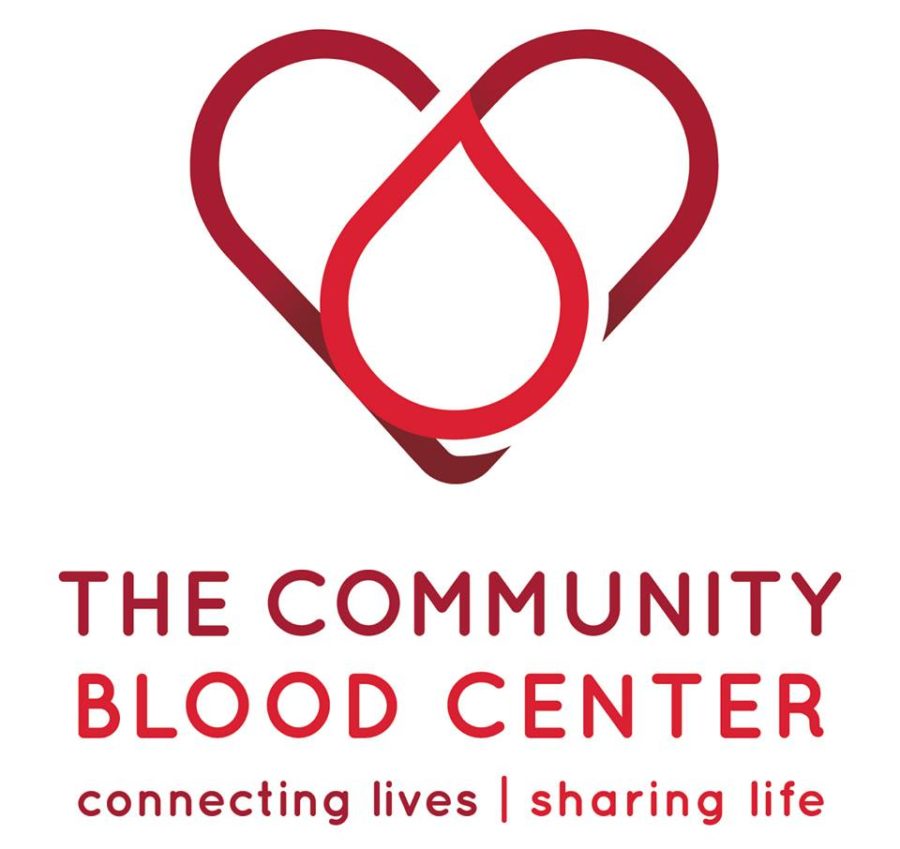Lives Saved by Annual NHS Blood Drive
November 12, 2018
National Honor Society hosted its first blood drive of the 2018-’19 school year on Monday, Nov. 5 in the Apollo Commons.
Around 80 people donated and 54 were first time donors according to senior Trina Freeders, one of the members of National Honor Society who organized the blood drive.
Although the number of participants was lower than previous years, she speculates the date of the blood drive (a Monday) and lack of advertisement played a large role.
Some changes came to the blood drive this year. The event has been lead by Mr. Ben Christian and Mrs. Deb Gauthier in previous years, but two new advisers (Mrs. Kristin Seidler and Mrs. Sarah Muraski) have taken over the position.
“The organization in the beginning was a little rocky, but everything managed to work itself out,” Freeders said. She explains that they learned things that need to be improved for next time, like getting the word out earlier.
Despite the transition, organizers consider the blood drive a success.
According to MedicalDaily, blood shortages happen most during the holidays, so November and December are the best months to donate. Donating as often as possible is ideal, however, since someone needs blood every two seconds in the United States.
Every donation makes a change. Donating blood benefits the community and whoever receives the donation.
“On average,” Freeders said, “every donation saves an average of three lives.” Blood only lasts for 90 days, so it is important to keep donating. According to the American Red Cross, type O positive blood is the most common blood type and O negative can be given to any patient, so those are the highest in demand.
Donation not only benefits the community, but it can benefit the donor as well. Through Neenah High School, any student is eligible to become a gallon grad once they fulfill two out of four requirements. The first option is to donate three times. The second option is to volunteer five hours. The third option is to host, but Freeders explains that this is the most difficult to do. The final option is to recruit five members. All options can be repeated, so the two fulfilled requirements is the same requirement achieved twice.
The next blood drive is in February, and donation requirements are the same. The donor must be 16 and 110 pounds and have sufficient iron levels on day of donation. Food and drinks are offered for free in the commons for donors.
Donation benefits the recipient, the community and even the donor themselves. National Honor Society encourages everyone who is eligible to donate throughout the year.
Save three lives and get a cookie all in one day.



Jadyn Schroepfer • Nov 19, 2018 at 6:26 PM
I completely agree that the date of the blood drive could increase the number of participants. For most, Mondays are dreaded and giving blood on an already drowsy day isn’t the most appealing. However, having the drive later in the week would be more convenient and could multiply the participation. Also, using numerous platforms and varying advertisement types can interest more students to donate. In particular, National Honor Society members can spread the message through other clubs, the Satellite, social media, and more.
Emma Sullivan • Nov 19, 2018 at 2:02 PM
Great job writing this article! I thought the information in it was very helpful and provided a lot of stats about the blood drive and the benefit of it. I was not aware of how many people one donation can save. It is awesome the Neenah hosts a blood drive and has so many participants!
Jerry Rott • Nov 19, 2018 at 1:49 PM
I’m really glad to see that so many students were out and ready to donate. As a community I am not sure that we are fully aware of the need of blood, but seeing the huge involvement is really cool!
Paige • Nov 19, 2018 at 12:15 PM
wow, this is mind blowing.